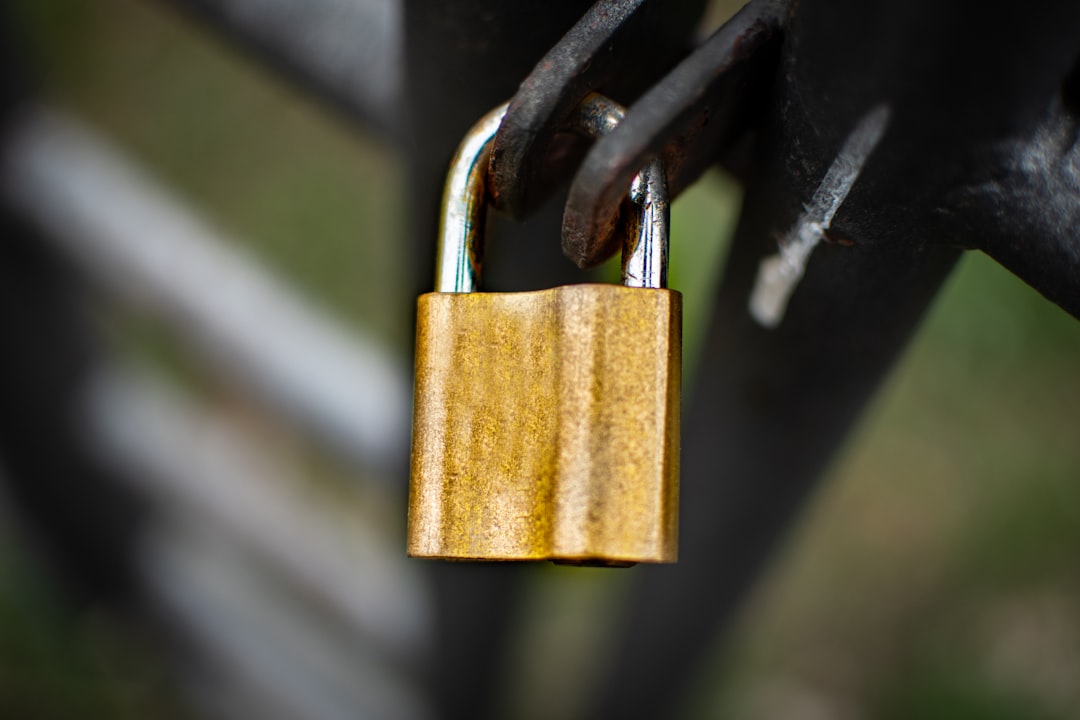If you’re trying to access content or services available only in Lithuania, or if you’re abroad and want to browse the internet as if you were in Vilnius, getting a Lithuanian IP address is essential. In 2025, it’s easier than ever to change your IP address, but to ensure complete security, privacy, and functionality, you need to choose the right method. This article will explain how to get a Lithuanian IP address in 2025 — and ensure it works 100% of the time, without compromising your digital safety.
Why You Might Need a Lithuanian IP Address
There are several legitimate reasons why someone might need to use a Lithuanian IP address:
- Access local streaming services: Lithuanian channels and streaming platforms like LRT.lt may restrict content based on viewers’ geographic location.
- Banking and financial services: Some Lithuanian banks or platforms only allow access from Lithuanian IPs to enhance security.
- Remote work and research: Businesses and freelancers who need to simulate location-based testing or local SEO may benefit from Lithuanian geolocation.
- Privacy and anonymity: Connecting via Lithuania can help obscure your physical location while displacing your digital presence.
Best Methods to Get a Lithuanian IP Address
There are a few methods available, but only one stands out as 100% reliable in 2025 — using a secure and reputable Virtual Private Network (VPN).
1. Use a VPN (Recommended)
VPNs are the most effective way to get a Lithuanian IP address. They work by routing your traffic through a secure server located in Lithuania, replacing your real IP with a local one. Not only does this provide you with a Lithuanian IP, but it also encrypts your internet traffic — a double layer of security.
Here’s how to do it:
- Select a VPN provider that offers servers in Lithuania. Top choices in 2025 include: NordVPN, Surfshark, and ExpressVPN.
- Sign up and install the VPN app on your device — Windows, macOS, Android, iOS, or Linux.
- Open the app, sign in, and look for a server list.
- Choose a Lithuanian server and connect. Your IP address will then appear as if you are browsing from Lithuania.
- Verify your IP address via online tools such as “whatismyipaddress.com” to ensure the location has changed successfully.

Most modern VPNs offer extra features like kill switches, DNS leak protection, and split tunneling. These ensure your real location is never exposed, even if your VPN connection drops momentarily.
2. Use a Proxy Server (Less Reliable)
Proxy servers can also route traffic through a Lithuanian server, masking your IP. However, proxies don’t provide encryption or complete privacy, and many websites (especially streaming platforms) detect and block proxy IPs in 2025.
Use this method only for basic purposes like browsing local sites. Avoid using proxies for banking or sensitive transactions.
3. Use the Tor Network (Limited Lithuanian Exit Nodes)
Tor anonymizes traffic by routing it through multiple volunteer nodes. While you could land on a Lithuanian IP by chance or configure an exit node specifically, the process is technical and unreliable for most users.
If you need a consistent, fast connection with a Lithuanian IP, this is not the recommended method.
Risks of Using Free Services
While some free proxies and VPN services advertise Lithuanian IPs, they come with serious risks:
- Data tracking: Free tools often log your activity or sell data to third-party advertisers.
- Malware risk: Some “free” services bundle malicious software that compromises your device.
- Poor performance: Slow speeds, limited server options, and frequent disconnections.
Your best choice in 2025 remains a premium VPN service. Most come with 30-day money-back guarantees, so you can try without long-term commitment.

Testing Your Connection
After connecting to your chosen Lithuanian server, you should always verify two things:
- IP location: Use tools like WhatIsMyIPAddress or IPinfo.io.
- Website access: Try loading geo-blocked Lithuanian content or services to ensure access works correctly.
Conclusion
Getting a Lithuanian IP address in 2025 is not only possible — it’s fast, safe, and easy when using the right tools. VPNs remain the most reliable and secure choice, offering more than just a local IP by also protecting your online activity. Whether you’re a Lithuanian expat, a digital marketer, or simply someone who values digital privacy, using a trusted VPN gives you full control over your internet location.
Don’t compromise your online experience. Choose a method that guarantees access, security, and reliability — and you’ll have a Lithuanian IP address that works 100% of the time.
